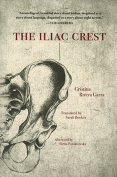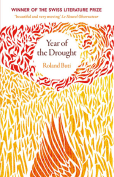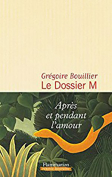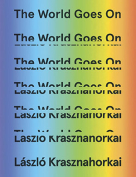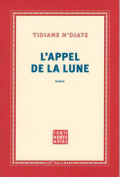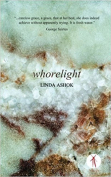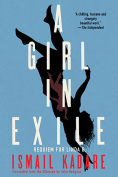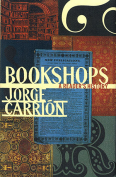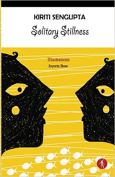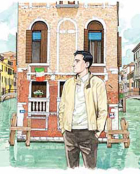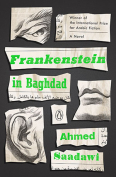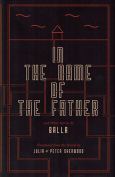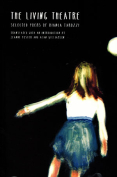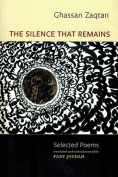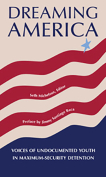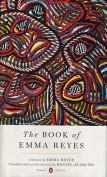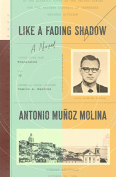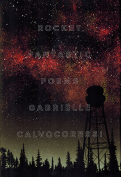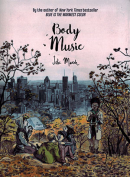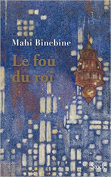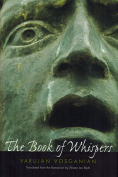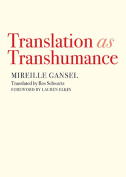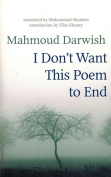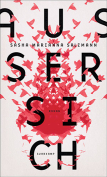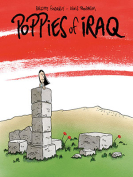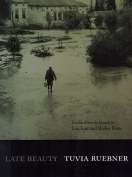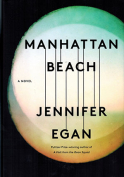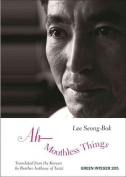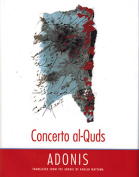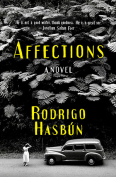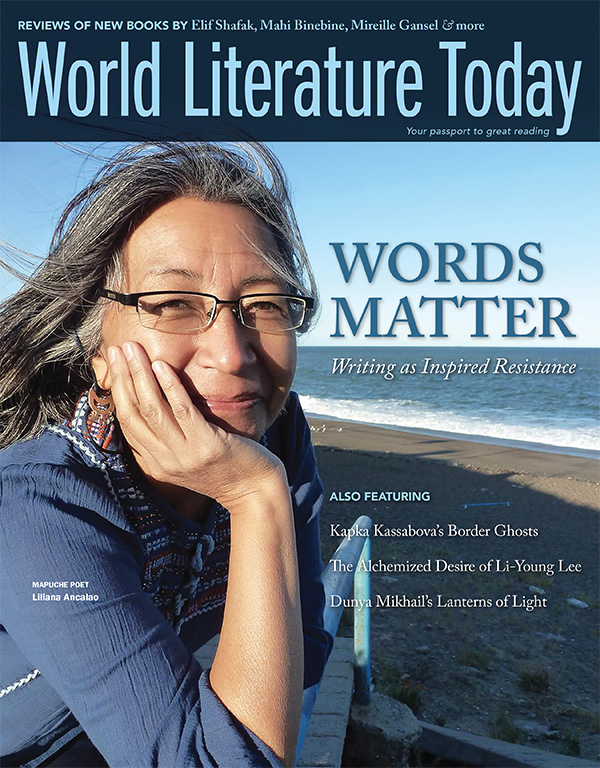The Living Theatre: Selected Poems by Bianca Tarozzi
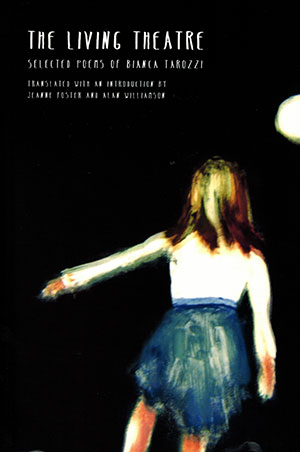 Rochester, New York. BOA Editions. 2017. 151 pages.
Rochester, New York. BOA Editions. 2017. 151 pages.
Born in 1941 in Bologna, Bianca Tarozzi taught English and American literature at the University of Verona in Italy for many years and therefore was in close contact with literary forms. Tarozzi began writing poetry at a young age, influenced by the poetry of the Triestine Jewish writer Umberto Saba. She is a prolific translator (of Elizabeth Bishop, among others), and her writing style reflects this.
This bilingual collection of Tarozzi’s “prose poems,” published in Italy in 2007, presents the Italian originals opposite their English translations. In their fine and illuminating introduction, Jeanne Foster and Alan Williamson find the late Peter Taylor’s “poem stories” to be the closest analogue in English to her prose, which is intense but not without humor and feeling.
The present publication takes the title from the long poem in her 2007 volume, Il teatro vivente, which, with its haunting imagery and musicality, shows the meaning of her “short story in verse.” The storyline of this poem begins with a painting in a deconsecrated church in the Via Parigi that depicts the biblical story of Adam and Eve. In the church, a group of strange young people have apparently left the beaten path of their lives. Tarozzi calls the group “non un teatro qualsiasi . . . un teatro vero . . . la messa in scena della verità” (not just any theater, but real theater putting truth on stage). The poem continues with theatrical scenes, where fantasy characters re-create life and the value system of the world. The point of departure for this poem is the cultural revolution of 1968, but in the end, the poem nevertheless celebrates life as “il gran teatro del mondo” and its ever-turning life cycles.
The volume consists of four parts drawn from Tarozzi’s earlier poetry publications: La Buranella (1996), Prima e dopo (2000), Il teatro vivente (2007), and La signora di porcellana (2012). Tarozzi touches on a great variety of topics, including personal and public realms, everyday events, memories, friends (“Rosanna”), and historical-political issues relating to Italy. Her poetic prose in The Living Theatre perhaps even evokes a kind of baroque Welttheater or “world history.”
Maria-Luise Caputo-Mayr
New York
